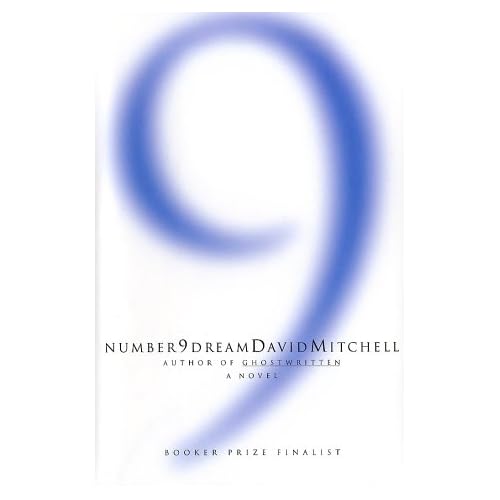Review: Self-Help
Self-Help, by Lorrie Moore
8/10, an evocative collection of short stories with wonderful language but little story
I first heard of Lorrie Moore in a writing class, because of her short story "How To Become A Writer," included in this collection. It's a wry look at the writer's life in the second person ("Begin to wonder what you do write about. Or if you have anything to say. Or if there even is such a thing as a thing to say. Limit these thoughts to no more than ten minutes a day; like sit-ups, they can make you thin."), a format that most of the stories in this collection follow.
They're much more than just a gimmick, though. Moore has a real gift for language and description, real situations and three-dimensional characters. The stories are all rather depressing in tone, but the writing is lovely and immersive. Moore creates a world rich with detail, full of characters and places, and her eye for the important details is terrific.
What I missed from this collection was some sense of resolution to the stories. Moore's characters move through their situations, changing and reacting, but their situations rarely come to any character resolution. While the stories themselves are engaging and quite well written, a real pleasure to read, none of them stayed with me long after reading the book.
To study the craft of writing, Moore is a great read. Learning how to pace a story, what details to include, how to build characters and situations, all of that is here in these stories. But it's harder to figure out what to take away from the stories. Don't worry too much about that and you'll enjoy this collection.


